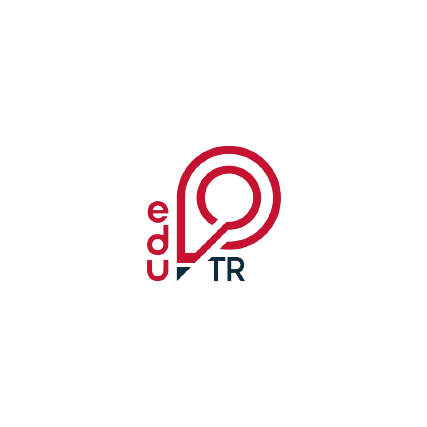- Bachelor
- Type: Turkish (100%)
- 4 Years
- Full Time
Studying radio, television, and film (RTF) encompasses the exploration of the history, theory, production, and impact of these influential media forms. RTF studies delve into the creative, cultural, social, and economic aspects of radio broadcasting, television programming, and film production, examining how these media shape our understanding of the world, influence popular culture, and reflect societal values and norms.
Studying RTF provides a comprehensive understanding of the principles, techniques, and theories that govern the creation, distribution, and reception of radio, television, and film content. Programs typically cover topics such as media history, media theory, production techniques, screenwriting, directing, editing, cinematography, sound design, media criticism, and media industries. Students may also have opportunities to gain practical experience through internships, production projects, and collaborations with industry professionals, allowing them to develop hands-on skills and insights into the RTF field.
Opportunities in RTF are diverse and varied, offering a wide range of career paths and specializations. Graduates may pursue roles such as filmmakers, television producers, radio broadcasters, screenwriters, directors, editors, cinematographers, media researchers, media analysts, or media educators, depending on their interests and career goals. They may work in various sectors, including film and television production companies, radio stations, advertising agencies, streaming platforms, news organizations, or educational institutions, both domestically and internationally.
A career in RTF offers numerous benefits, including the opportunity to engage with creative expression, storytelling, and media production, as well as to contribute to the cultural discourse and entertainment industry. RTF professionals have the privilege of creating content that informs, entertains, and inspires audiences, shaping public opinion and influencing societal norms and values.
Furthermore, studying RTF provides opportunities for professional growth, creative collaboration, and lifelong learning, as professionals navigate the rapidly evolving media landscape and embrace new technologies and platforms. They have the chance to explore emerging trends in media consumption, experiment with innovative storytelling techniques, and engage with diverse audiences through digital media and social platforms, fostering a culture of creativity and innovation within the RTF community.
The demand for skilled RTF professionals is expected to remain strong as people continue to consume media content across multiple platforms and as the demand for high-quality, engaging content continues to grow. As such, individuals with expertise in RTF are well-positioned to pursue rewarding careers and make a positive impact on the media landscape and the way people engage with radio, television, and film content.
In conclusion, studying radio, television, and film studies opens doors to a dynamic and fulfilling career that offers opportunities for creative expression, cultural engagement, and contributions to the media industry. With a passion for storytelling, a keen understanding of media theory, and proficiency in media production techniques, RTF professionals play a vital role in shaping the media landscape and influencing the way people perceive and interact with the world through radio, television, and film.
Information is being updated, stay tuned…
Information is being updated, stay tuned…
Information is being updated, stay tuned…
Information is being updated, stay tuned…

